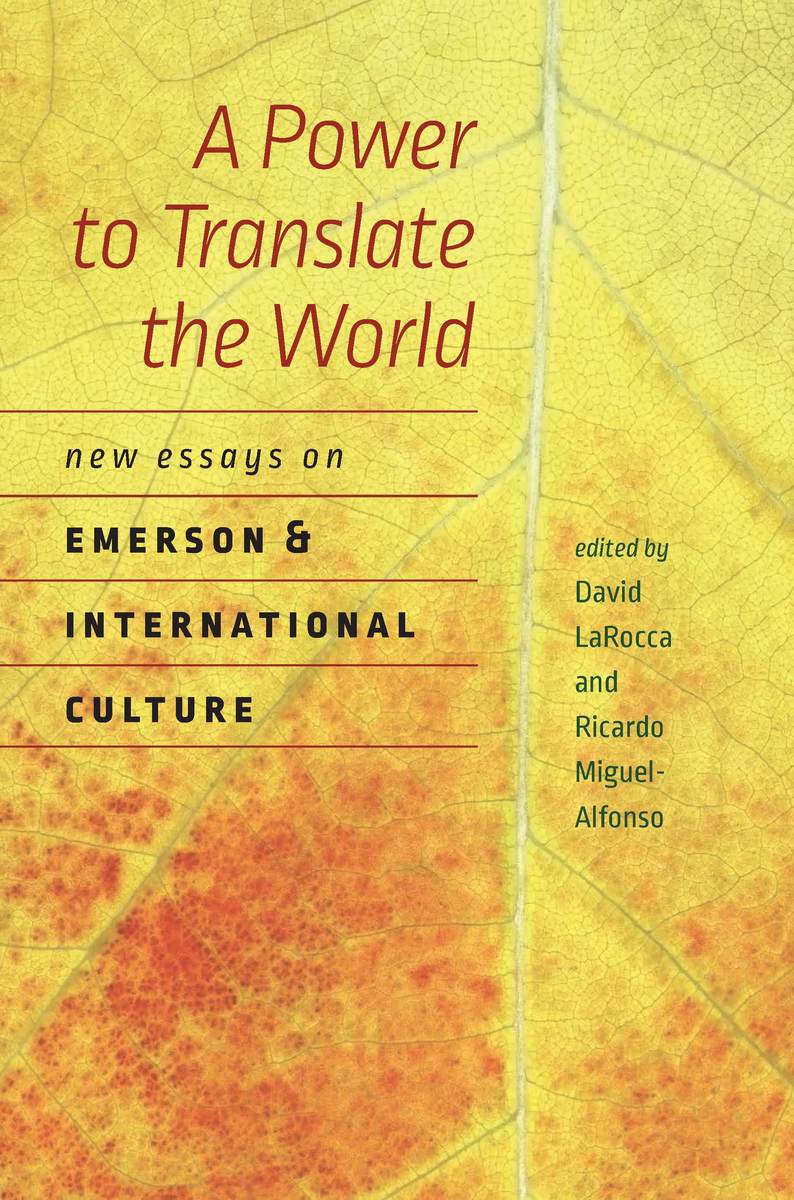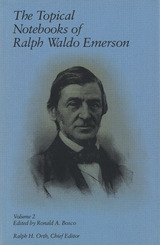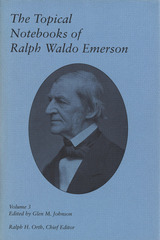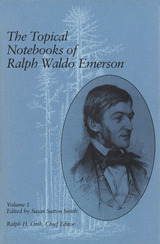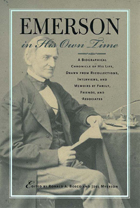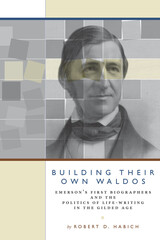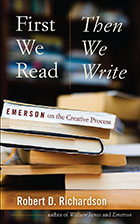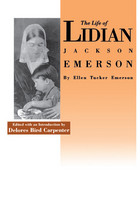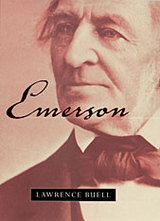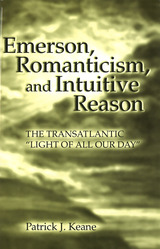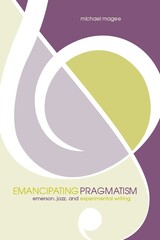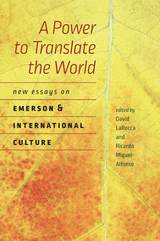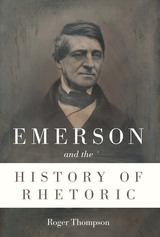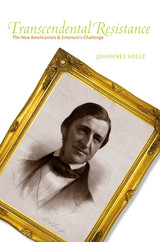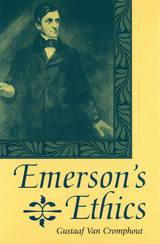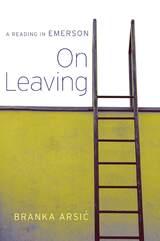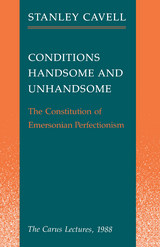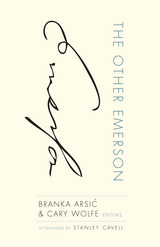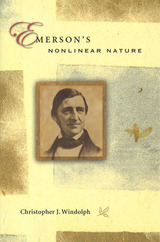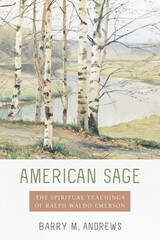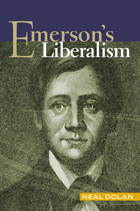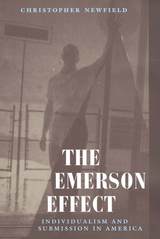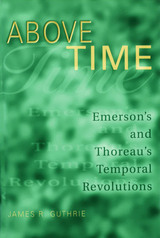A Power to Translate the World: New Essays on Emerson and International Culture
Dartmouth College Press, 2016
eISBN: 978-1-61168-830-6 | Cloth: 978-1-61168-828-3 | Paper: 978-1-61168-829-0
Library of Congress Classification PS1638.P69 2015
Dewey Decimal Classification 814.3
eISBN: 978-1-61168-830-6 | Cloth: 978-1-61168-828-3 | Paper: 978-1-61168-829-0
Library of Congress Classification PS1638.P69 2015
Dewey Decimal Classification 814.3
ABOUT THIS BOOK | AUTHOR BIOGRAPHY | REVIEWS | TOC
ABOUT THIS BOOK
This thought-provoking collection gathers a roster of seasoned Emerson scholars to address anew the way non-American writers and texts influenced Emerson, while also discussing the manner in which Emerson’s writings influenced a diverse array of non-American authors. This volume includes new, original, and engaging research on crucial topics that have for the most part been absent from recent critical literature. While the motivations for this project will be familiar to scholars of literary studies and the history of philosophy, its topics, themes, and texts are distinctly novel. A Power to Translate the World provides a touchstone for a new generation of scholars trying to orient themselves to Emerson’s ongoing relevance to global literature and philosophy.
See other books on: 1803-1882 | Comparative Literature | Emerson | Emerson, Ralph Waldo | New Essays
See other titles from Dartmouth College Press
